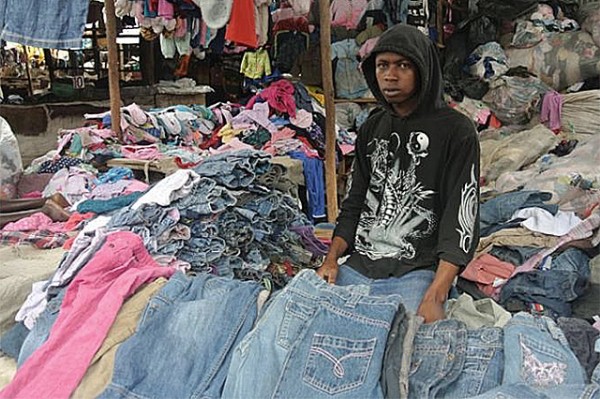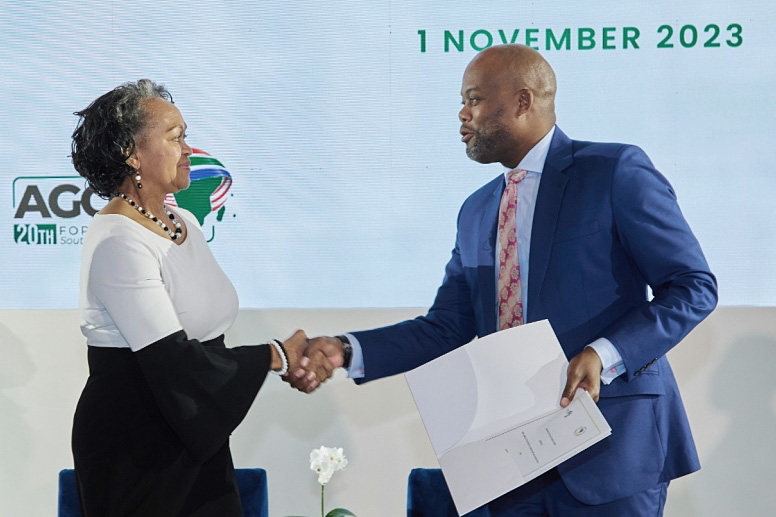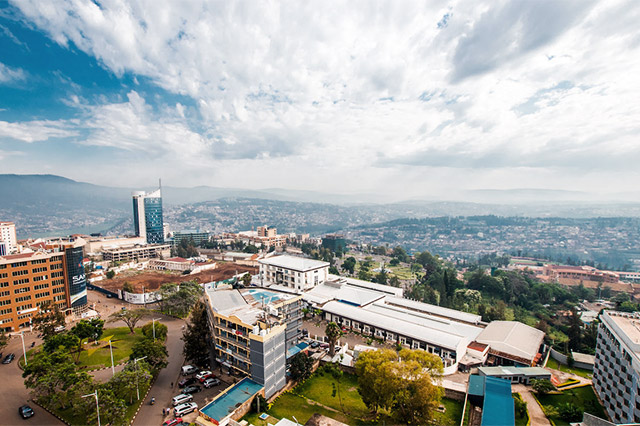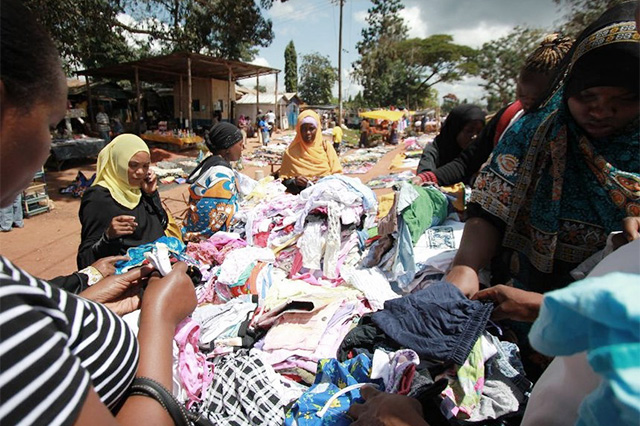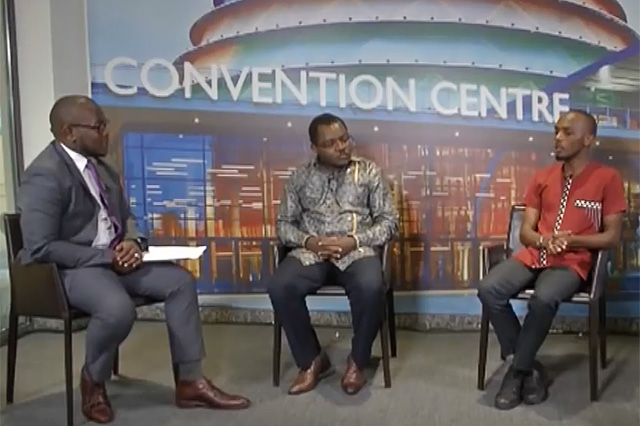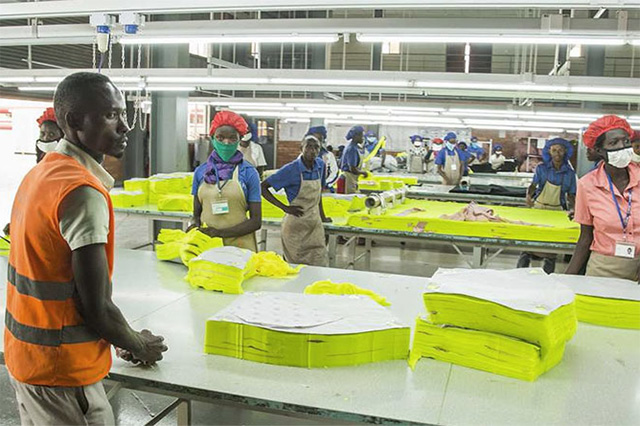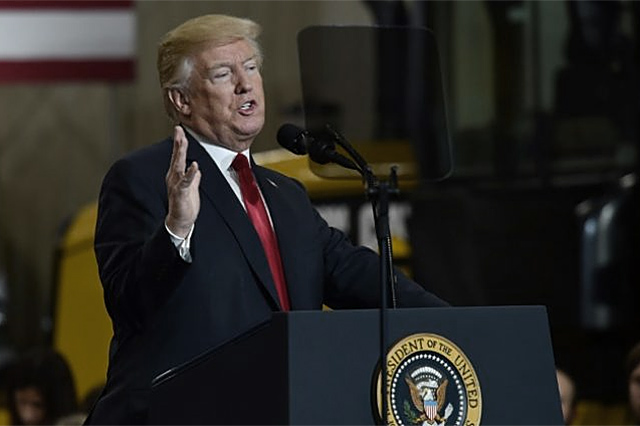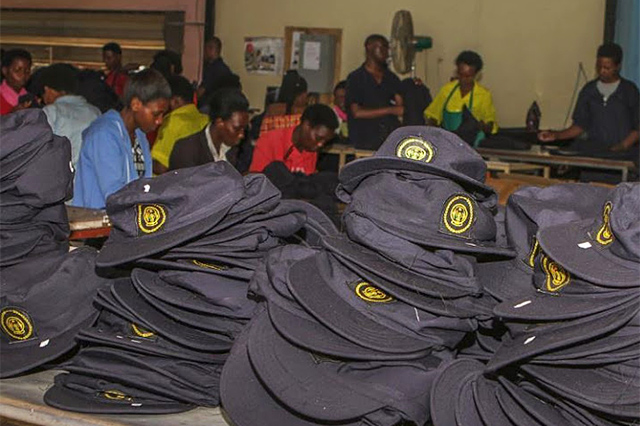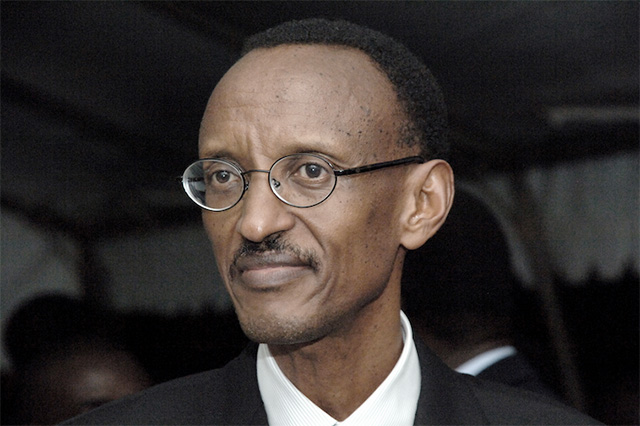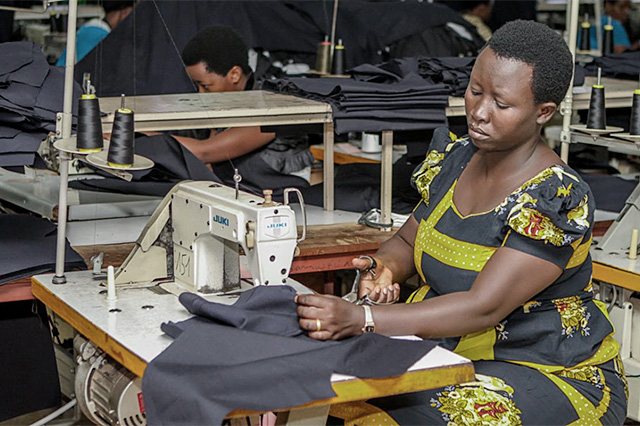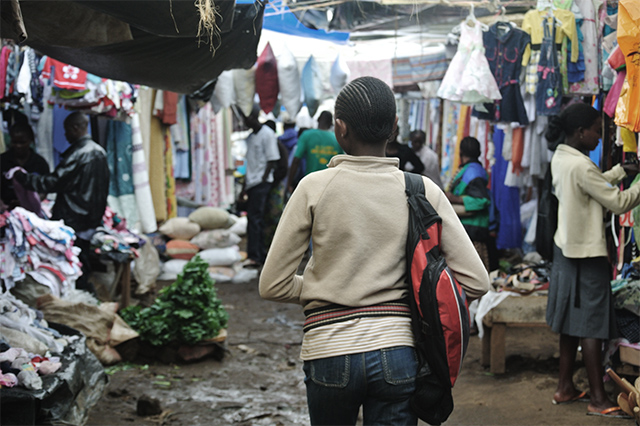Rwanda: 'Cotton returns as used clothes'
Contrary to suspicion, Rwanda is not trying to undermine US hegemony in Africa in favour of China by phasing out used clothes.
Consequently, President Trump’s AGOA salvo, which will find support in the US Congress, which is deeply suspicious of China, is a ploy to tame African leaders.
The US has suspended the duty free status for Rwandan apparel under the African Growth and Opportunity Act. Rwanda, in a brief statement released on April 3, indicated that this followed a decision in March 2016 by EAC member countries to raise tariffs on secondhand clothes imports to promote local manufacturing.
Unlike the WTO, Agoa is a commendable unilateral gesture by the US to sub-Saharan Africa countries, including Rwanda, meant to promote trade and development through exports. Rwanda is a victim of the 21st Century Cold War between China and the United Sates for two reasons.
One, the complainant of this ban is the Secondary Materials and Recycled Textiles Association. When Trump communicated his decision to suspend Rwanda for 60 days, Smart issued a celebratory press release on March 29. It read, “The proposed ban sparked international controversy regarding the textile industry’s role in Africa, as no ban or increased duties were slated to occur on imports from China, the region’s largest source of clothing imports”
Secondly, USAID published a report in July 2017, under the title 'Overview of the Used Clothing Market in East Africa: Analysis of Determinants and implications'. One of the data findings is “Chinese exports of ready-made clothes to the EAC reached $1.2 billion in 2016, dwarfing the value of used clothing imports by a factor of four.” It also states: “Chinese imports, particularly the undocumented and untaxed that flood the market, pose a much greater danger to EAC domestic industries.”
The cold war between China and the US is a reality. Recapitulate utterances by former US Secretary of State Rex Tillerson, as reported by VOA on March 7. Outlining the Trump administration's Africa policy, he said the US approach of "incentivising good governance" contrasts sharply with China, "which encourages dependency, using opaque contracts, predatory loan practices and corrupt deals that mire nations in debt and undercut their sovereignty."
VOA also reported Representative Chris Smith, chairman of the House Subcommittee on Africa, Global Health, Global Human Rights, and International Organizations, saying that China's activities and actions on the continent have "propped up kleptocrats and autocrats." Then he added that China has been largely a negative actor in the region for some time, and “is building military relationships and partnering with one-party states, often to the detriment of good governance, the rule of law, and the African people themselves.”
Again, on March 26, 2018, Newsweek quoted the US House Intelligence Committee Chairman, Devin Nunes, saying on Fox New’s Sunday Morning Futures with Maria Bartiromo that China was a “big Problem”; and with his fellow Republican lawmakers, they were running an investigation on many aspects of China including intellectual property theft, currency manipulation, and its “military footprint” in Africa.
Statistics on the AGOA website shows that under textiles and apparel, US exports to Rwanda were $330,000 in 2016, which dropped to $132,000 in 2017. This is insignificant taking into account the US is the top exporter of used clothing at $575 million. If Rwanda was a top importer of secondhand clothes like Pakistan $239 million, or Malaysia $148 million, then this suspension would make sense.
The real issue for Rwanda and EAC is what we want in the next 20 years or so. This has been answered through the EAC Vision 2050. The third pillar of this vision is industrialisation “that is built on structural transformation of the agricultural and manufacturing sectors, through high level value addition”. The ban of worn clothing is just one of the many policies which must be enacted to achieve this vision, without violation of WTO laws.
The General Agreement on Tariffs and Trade permits members to impose quantitative restrictions necessary to the development of a particular industry in the early stages of economic development. Article XIX also permits quantitative restrictions necessary to prevent sudden increases in imports from causing serious injury to domestic producers.
The Vision 2050 targets to increase our GDP per capita from $1,014 in 2014 to $10,000 by 2050. This will not be possible if we continue listening to the US tell us to keep up the good work of producing cotton, then send it to Asia who are good in converting it to apparel for US to wear for a couple of seasons, after which they can sell them to Africans as affordable used clothes.
- This article first appeared in The Star


